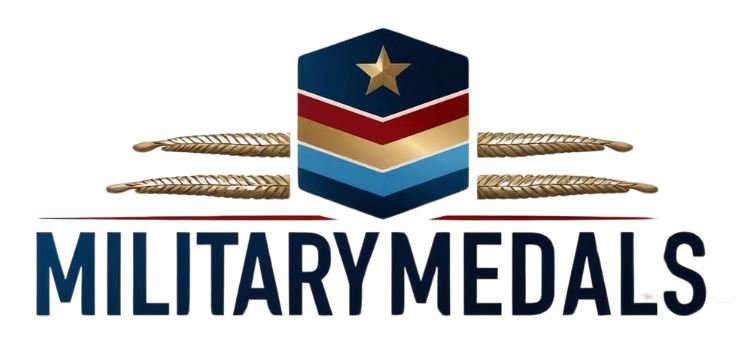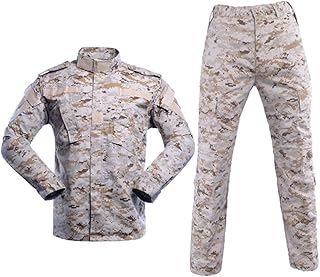In the high Libyan desert, a convoy of trucks belonging to the Long Range Desert Group (LRDG) sets out on a daring mission to undermine the Afrika Korps during World War II. Led by Captain David Lloyd Owen, the LRDG men, along with 14 soldiers disguised as Afrika Korps troops, embark on a covert operation towards Tobruk, a German-held port.
The Fords, painted salmon pink for camouflage, navigate the rugged terrain as they approach Tobruk under the guise of enemy vehicles. The convoy, bearing the Afrika Korps motif, successfully passes through the perimeter fence, fooling even the German sentries with the correct password and papers.
As night falls, the trucks veer off-road into a dry riverbed, where the men of the LRDG and the Special Interrogation Group (SIG) reveal their true identities. Armed with weapons hidden aboard the trucks, the men shed their German disguises and prepare for the audacious raid on Tobruk.
The SIG, a unit conceived by Captain Herbert Cecil Buck, comprised German-speaking soldiers recruited for intelligence-gathering missions behind enemy lines. The group, including Jewish volunteers and former German POWs, operated undercover as Afrika Korps soldiers, extracting vital information and carrying out small-scale missions.
Despite setbacks and betrayals during earlier operations, the SIG’s final mission to Tobruk was a pivotal moment in their brief existence. Collaborating with other Allied forces, the SIG aimed to disable key supply ports ahead of a major offensive at El Alamein. However, the operation faced challenges, with the Germans eventually surrounding and capturing most of the SIG men.
Following the Tobruk raid, the SIG was disbanded, its members dispersed to other units. Maurice Tiefenbrunner, one of the last surviving SIG operatives, reflected on the unit’s accomplishments, highlighting their ability to surprise and disrupt the enemy. Despite the unit’s short-lived existence, the SIG played a significant role in the intelligence-gathering efforts in North Africa during the war.
The legacy of the Long Range Desert Group and the Special Interrogation Group lives on as a testament to the daring and resourcefulness of these covert operatives who operated behind enemy lines during one of the most challenging periods of World War II.
📰 Related Articles
- Why Military Medal Recognition Matters for WWII Veterans Today
- Vietnam’s General Party Secretary To Lam Joins Moscow Parade Honoring WWII Victory
- Unexploded WWII Bomb Halts Eurostar Trains Near Paris
- Tom Cruise’s Daring Stunts in Mission: Impossible’s Final Chapter
- Thai Police Foil Orangutan Trafficking Operation in Bangkok






